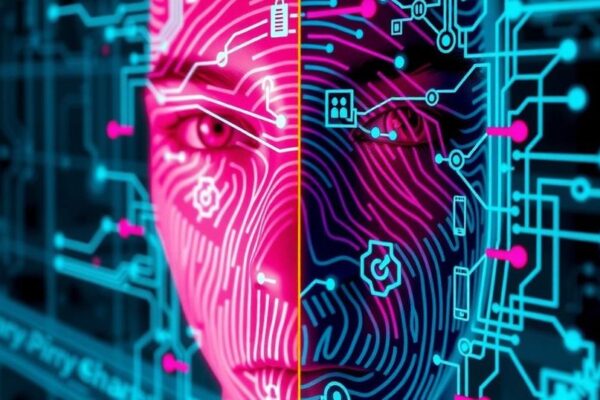
Balancing Security and Simplicity with Passwordless Authentication
The article discusses the shift towards passwordless authentication, emphasizing the goal of achieving a secure and user-friendly identity management system. It highlights the inadequacies of traditional passwords, the rise of biometrics and decentralized identities, and best practices for implementing these systems. Key strategies include leveraging biometrics for authentication, enabling real-time identity verification, and ensuring robust…









